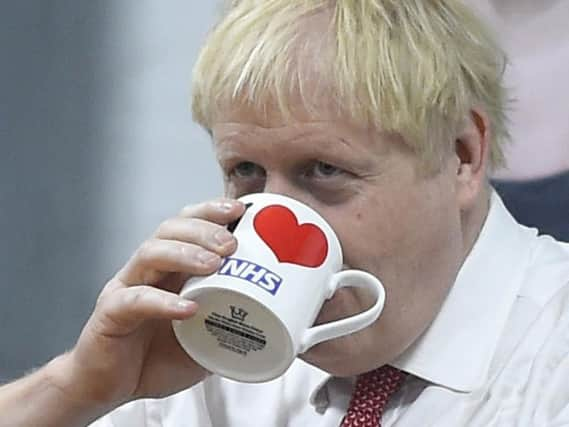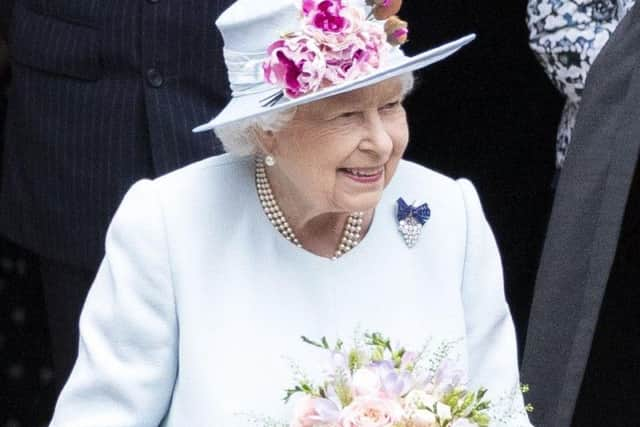Prorogation: Why has Boris Johnson suspended Parliament and when is the Queen's Speech?


The prorogation is to prepare for a Queen's Speech on 14 October in which the Government will set out its new plans.
But it comes after prorogation became a toxic tool, with the Supreme Court ruling that the last period of forced suspension had not been lawful.


When will parliament be prorogued?
Advertisement
Hide AdAdvertisement
Hide AdOnce parliamentary business has wrapped up on Tuesday night it will close down for the period of prorogation.
That means there will be no debates, select committees or other usual business that goes on within Westminster for six days when the Queen re-opens parliament.
How long is prorogation?
Parliament was originally prorogued on 10 September and it was due to last until next Monday's Queen's Speech.
However after a Scottish court found against the Government, which was confirmed by the Supreme Court, MPs returned to Westminster to carry out their business.
The next period of prorogation will last six days - what was part of the original suspension - until Monday 14 October.
What is Boris Johnson's reason?
The Prime Minister “wants to set out a fresh legislative programme”.
However it is highly unlikely he would be able to carry out the legislative programme announced in the speech.
And with the chances of a general election seeming inevitable, this could prove an effective way to promote his ideas.
Is it controversial?
Advertisement
Hide AdAdvertisement
Hide AdThe prorogation in September was highly contentious among MPs, the public and the courts.
This time, it is so they can pull together a Queen's Speech and is not a controversial use of the measure in the same way that the previous attempt was.
As prorogation in itself is an occasionally used constitutional tool and not necessarily an abuse of executive power, this time it has not been so controversial.
Ultimately, first time around, it was ruled unlawful by the Supreme Court because it was deemed that its purpose was to shut down debate in Parliament for an unreasonable length of time.
This five-week suspension, according to the court, “was unlawful because it had the effect of frustrating or preventing the ability of Parliament to carry out its constitutional functions”.
For this reason it returned on 25 September.
What happens next?
8 October: Parliament will be prorogued for a Queen’s Speech. Prime Minister’s Questions will not take place the following day.
14 October: The Government will set out its plans in the Queen’s Speech.
17-18 October: EU leaders’ summit in Brussels - the very last point at which a Brexit agreement can be finalised. In practice it would need to have been hammered out a few days before.
19 October: Mr Johnson is required under the so-called Benn Act to ask the EU for a delay to Brexit if a withdrawal has not been agreed by this date.
